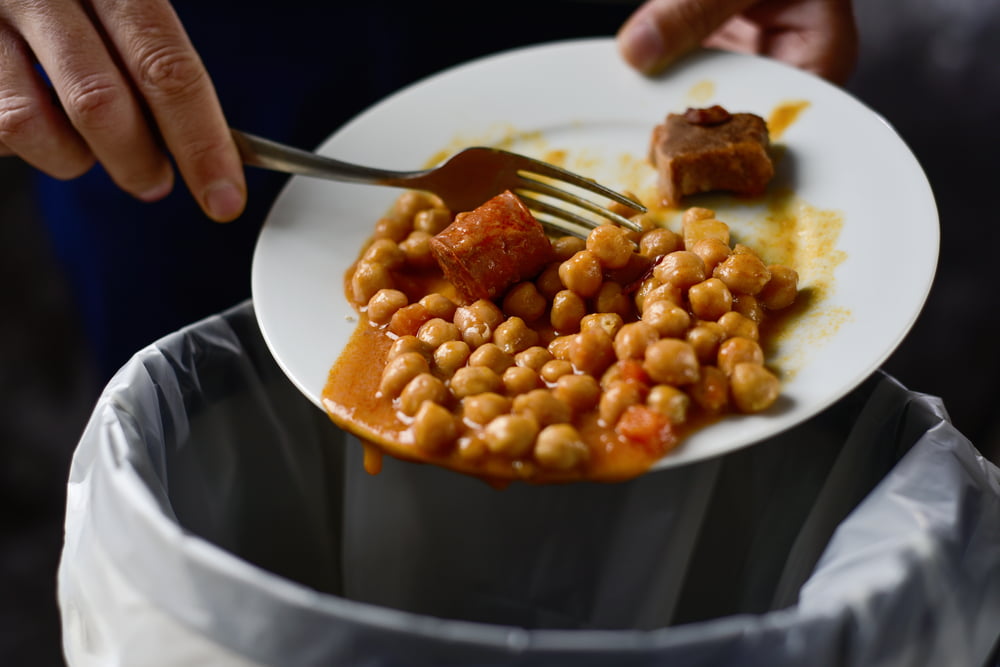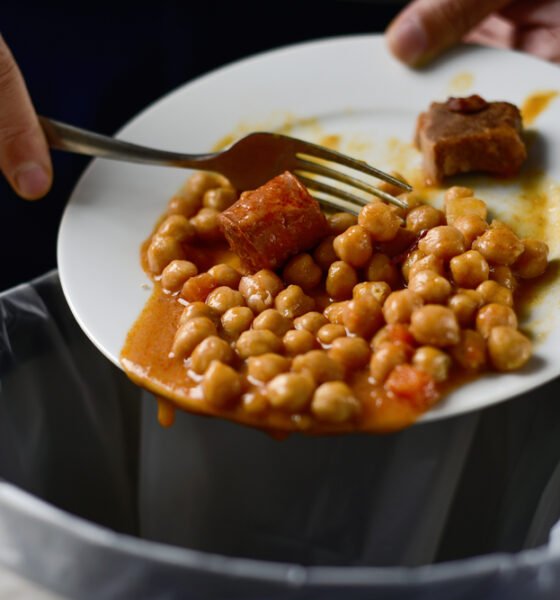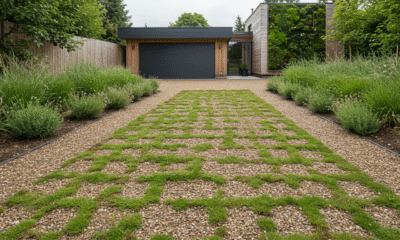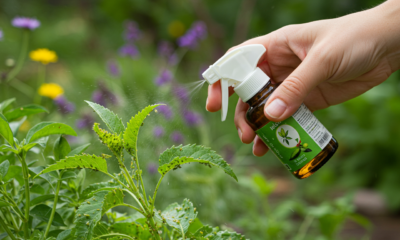

Environment
5 Ways Environmentalists Can Reduce Food Waste
Greenhouse gases are causing greater environmental problems every day. As consumers, we need to as much as possible to reduce our environmental impact.
Food waste has created a growing burden on the environment in recent years. In fact, it is estimated that it creates as much as a third of all man-made greenhouse gases, according to a study by Earth.org. It has contributed to greenhouse gas emissions as more of it is unnecessarily stored in landfills. The process of producing and distributing food that gets thrown out causes us to waste valuable resources such as water, land, and energy, which causes the environment to degrade further.
Also , as food decomposes in landfills, it releases methane, a potent greenhouse gas that contributes to climate change, further underscoring the urgent need for effective food waste reduction strategies to mitigate its environmental impact. According to Move for Hunger, food in landfills accounts for around 8% of all global emissions.
Food waste is a significant issue that not only contributes to environmental problems but also wastes valuable resources and money that could otherwise be spent on services from moving companies kansas city. Fortunately, there are several simple yet effective ways to minimize food waste in your kitchen. Here are 5 simple strategies you can implement to reduce food waste and make a positive impact.
Plan Meals and Shop Wisely
One extremely effective way that you can to try to minimize food waste is by planning your meals in advance and making a shopping list based on what you need. Before heading to the grocery store, take inventory of the items you already have in your pantry, refrigerator, and freezer. Plan meals around ingredients that need to be used up first, such as perishable produce or leftovers. By only purchasing what you need and sticking to your shopping list, you can avoid impulse buys and reduce the risk of food spoilage.
Store Food Properly
You need to store food properly if you want to maximize its shelf life of perishable items and preventing premature spoilage. You will want to keep it in airtight containers, reusable storage bags, and produce storage bins to keep fruits, vegetables, and leftovers fresh for longer periods. Store perishable items like meat, dairy, and eggs in the coldest part of the refrigerator to slow down bacterial growth and prevent spoilage. Additionally, learn how to properly store different types of produce to maximize freshness and minimize waste.
Use Leftovers Creatively
Instead of letting leftovers go to waste, find more creative ways to plan your meals and find new ways to repurpose them into delicious dishes. Use leftover vegetables to make soups, stir-fries, or frittatas, and transform cooked grains like rice or quinoa into salads or grain bowls. Leftover proteins like chicken or tofu can be added to sandwiches, wraps, or pasta dishes. Get inventive in the kitchen and experiment with flavor combinations to breathe new life into leftover ingredients.
Practice FIFO (First In, First Out)
FIFO is a simple organizing principle that involves rotating your food supplies to ensure that older items are used before you start eating newer ones. When you are trying to unpack groceries or stock food in your pantry, place newly purchased items behind older ones to encourage using up the older items first. This practice helps prevent forgotten items from going back in the back of the pantry or refrigerator and ensures that nothing goes to waste due to expiration or spoilage.
Compost or Recycle Food Scraps
No matter how hard you try, some food waste is inevitable. Instead of throwing food scraps in the trash where they will end up in a landfill, consider composting them instead. Composting organic waste such as fruit and vegetable scraps, coffee grounds, and eggshells not only reduces methane emissions from landfills but also produces nutrient-rich compost that can be used to enrich garden soil. Invest in a compost bin or set up a backyard compost pile to turn food waste into a valuable resource for your garden. You may also want to consider recycling unused food.





























